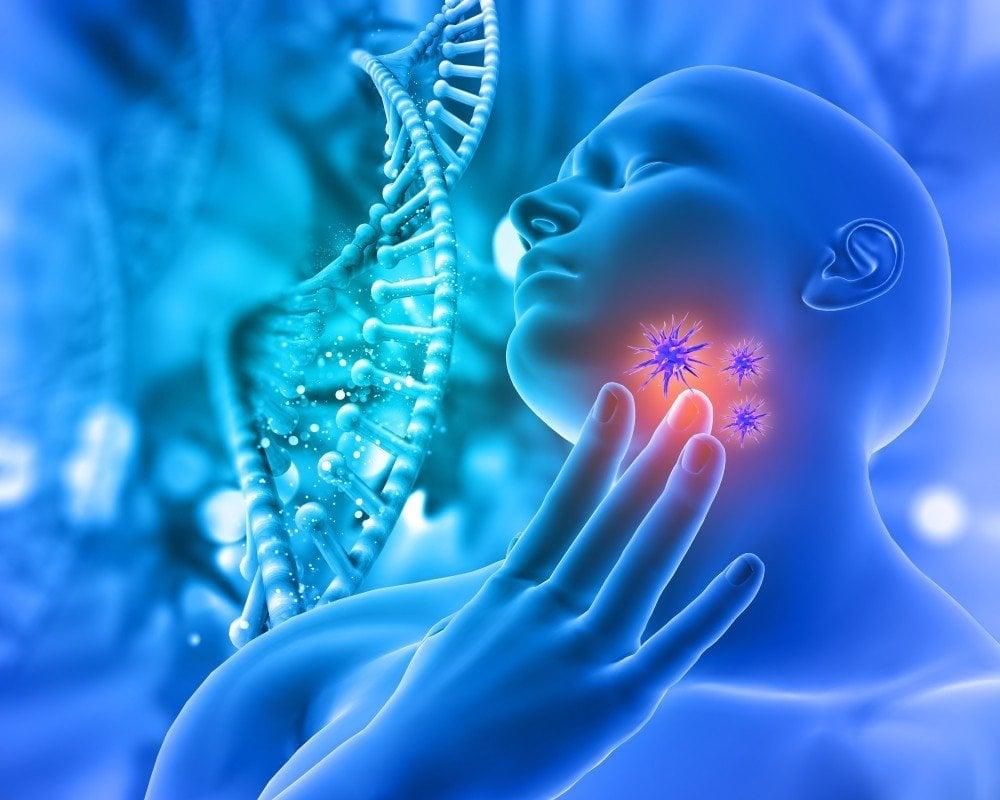

Nine Myths And Facts About Tracheal Cancer
IntroductionIntroduction
Tracheal cancer, though relatively rare, is a condition that demands attention and understanding. Often shrouded in misconceptions, separating myths from facts is crucial for awareness and effective management. Let's delve into nine common myths and facts surrounding tracheal cancer.

Myth 1: Tracheal cancer is prevalent among smokers only.
Fact: While smoking is a significant risk factor, tracheal cancer can affect non-smokers too. Exposure to environmental toxins or radiation, genetic predisposition, and certain infections can also contribute to its development.

Myth 2: Tracheal cancer always presents
with apparent symptoms.
Fact: Symptoms such as persistent cough, wheezing, or hoarseness may indicate tracheal cancer. However, early-stage tracheal cancer often exhibits no symptoms, making regular screenings crucial, especially for individuals with risk factors.

Myth 3: Tracheal cancer is always fatal.
Fact: Early diagnosis and appropriate treatment significantly improve prognosis. Surgical intervention, radiation therapy, and chemotherapy are among the treatment modalities that offer hope for patients with tracheal cancer, enhancing survival rates and quality of life.

Myth 4:
Tracheal cancer can only be treated through surgery.
Fact: Surgery is the primary method for treating tumours, but the treatment plan may vary depending on the tumour's size and location. A mixture of chemotherapy and radiation therapy can be used alongside surgery to enhance its efficacy.

Myth 5: Tracheal cancer is contagious.
Fact: Tracheal cancer is not contagious. It does not spread through casual contact, making it essential to dispel misconceptions that may stigmatise affected individuals.


